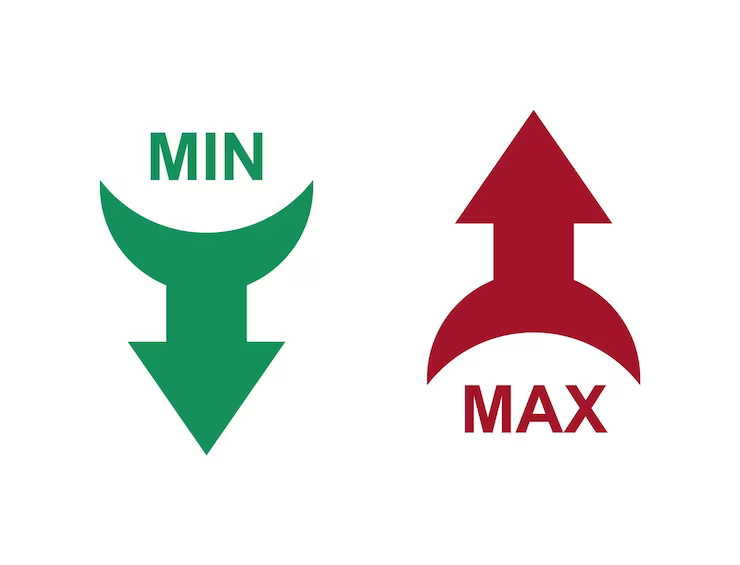
Striking the Balance: Mastering Min and Max Stock Levels
Min and max stock levels are predetermined inventory limits that help businesses maintain optimal stock levels. These predetermined thresholds can be fixed quantities for each item or dynamically adjusted based on sales trends using real-time sales data from a perpetual inventory system. These thresholds establish boundaries, ensuring that inventory levels never drop below a certain […]
Read More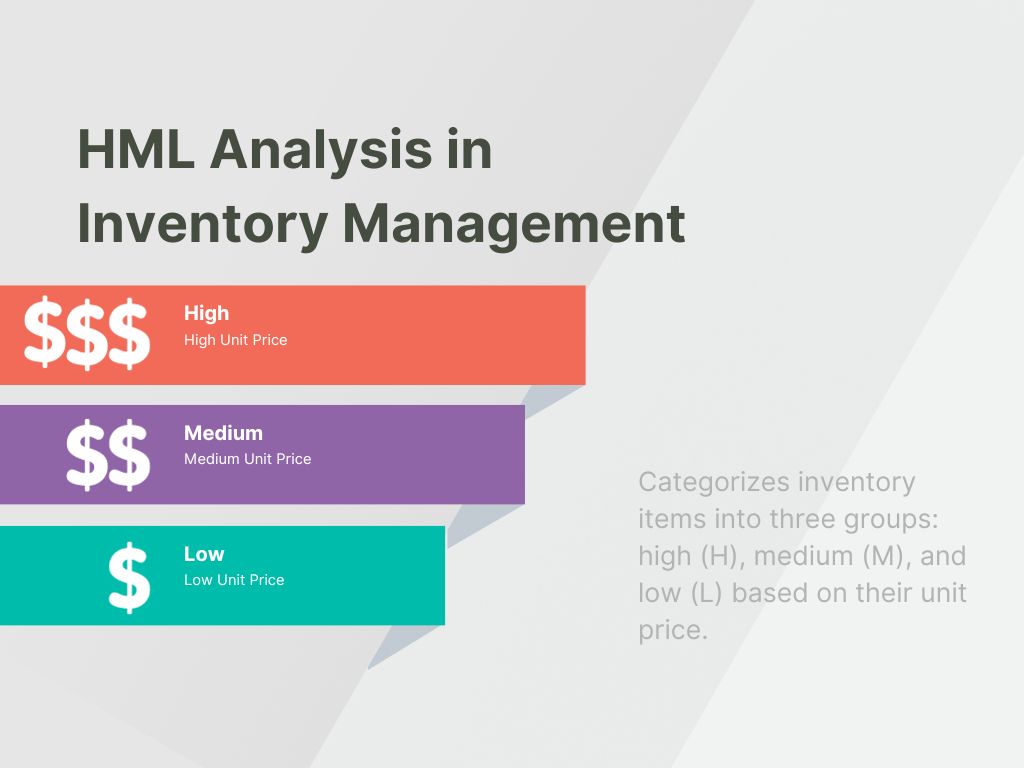
HML Inventory Analysis: Streamlining Inventory Management
HML analysis, an inventory classification technique, categorizes inventory items into three groups: high (H), medium (M), and low (L) based on their unit price. This simple yet effective method provides businesses with a structured approach to inventory management, enabling them to prioritize control efforts based on item value. Classifying Inventory Items: To classify inventory items […]
Read More
Selective Inventory Management: Unlocking Inventory Efficiency
Selective inventory management is a strategic approach to inventory control that focuses on prioritizing and managing inventory items based on their criticality, value, and usage frequency. It recognizes that not all inventory items are created equal and that some items require more attention and control than others. By focusing on the most critical and valuable […]
Read More
Inventory Management for Grocery Stores: Cash Flow Inventory
Inventory management stands as a crucial pillar of success. Inventory represents a significant portion of a grocery store’s assets, and its effective management directly impacts profitability, customer satisfaction, and operational efficiency. Striking a balance between overstocking and understocking is essential to optimize cash flow and prevent losses. The perishable nature of grocery items introduces unique […]
Read More
Lean Manufacturing: A Comprehensive Guide
Lean manufacturing is a systematic method for minimizing waste within a manufacturing system while simultaneously maximizing productivity. It is a way of thinking about and organizing work that focuses on identifying and eliminating non-value-adding activities, or “waste.” The goal of lean manufacturing is to create a smooth and efficient flow of work from raw materials […]
Read More
What Is Inventory? Definition, Types, and Examples
Inventory refers to all the items, goods, merchandise, and materials held by a business for sale in the market to earn a profit. It is a crucial component of business operations, as it ensures that a company has the necessary resources to meet customer demand and fulfill orders promptly. The Three Pillars of Inventory Inventory […]
Read More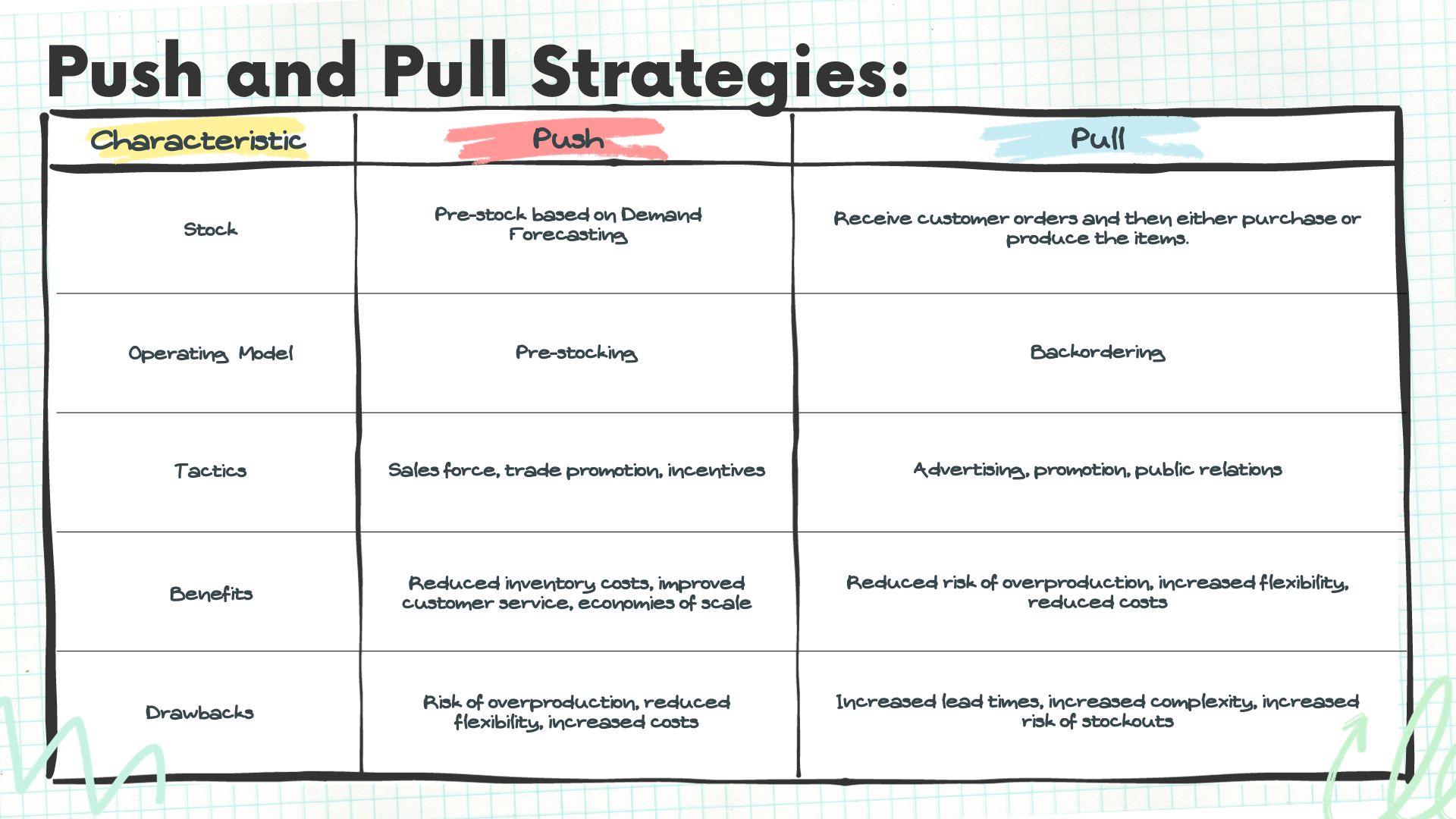
Pull and Push Strategy in Supply Chain Management
In supply chain management, a push strategy and a pull strategy are two different approaches to managing the flow of goods and materials. A push strategy focuses on predicting demand and producing products in advance to meet that demand. A pull strategy focuses on responding to actual customer demand by producing goods only when they […]
Read More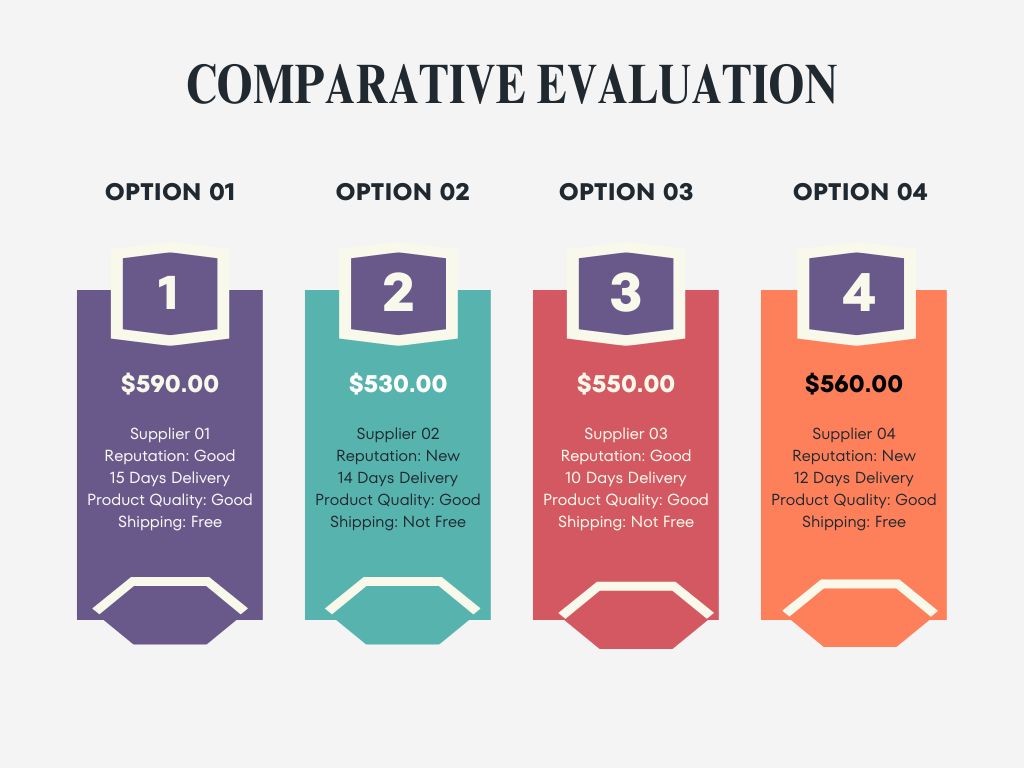
Comparative Evaluation Process Before Purchasing
Comparative evaluation is the process of comparing different products or services to determine which one is the best fit for your needs and budget. It involves gathering information about the different products or services, identifying your own needs and priorities, and then comparing the products or services based on your criteria. Comparative evaluation can be […]
Read More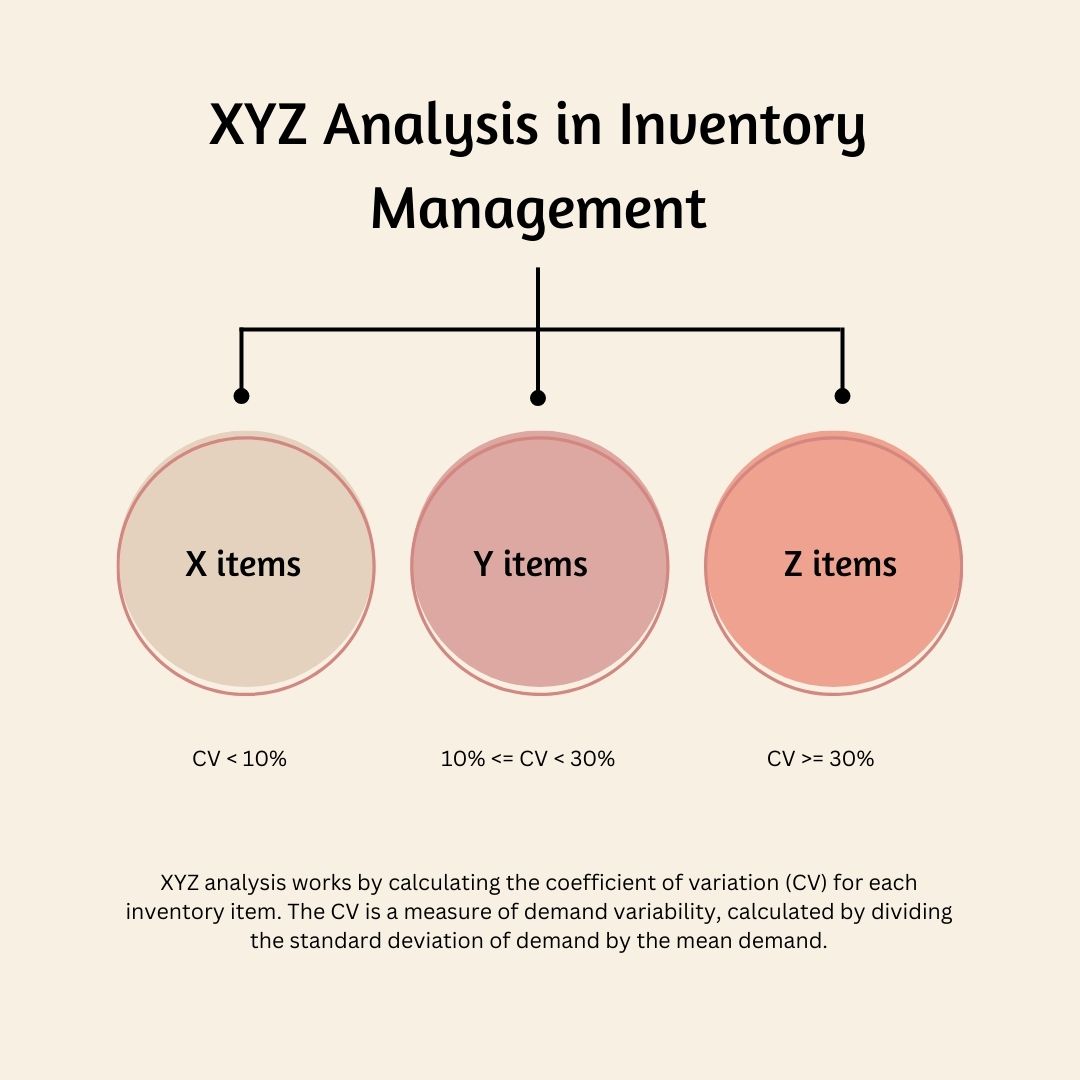
XYZ Analysis in Inventory Management
XYZ analysis is a method of inventory classification that groups items based on their demand variability. It is often used in conjunction with ABC analysis, which groups items based on their value. XYZ analysis can help businesses to optimize their inventory management by identifying items that require different levels of attention. How does XYZ analysis […]
Read More
Inventory Management for Pharmacies: Things You Need to Know
Inventory management is the process of tracking and optimizing the flow of goods through a supply chain. It includes the procurement, storage, and distribution of raw materials, work-in-progress, and finished goods. The goal of inventory management is to have the right amount of inventory in the right place at the right time to meet customer […]
Read More